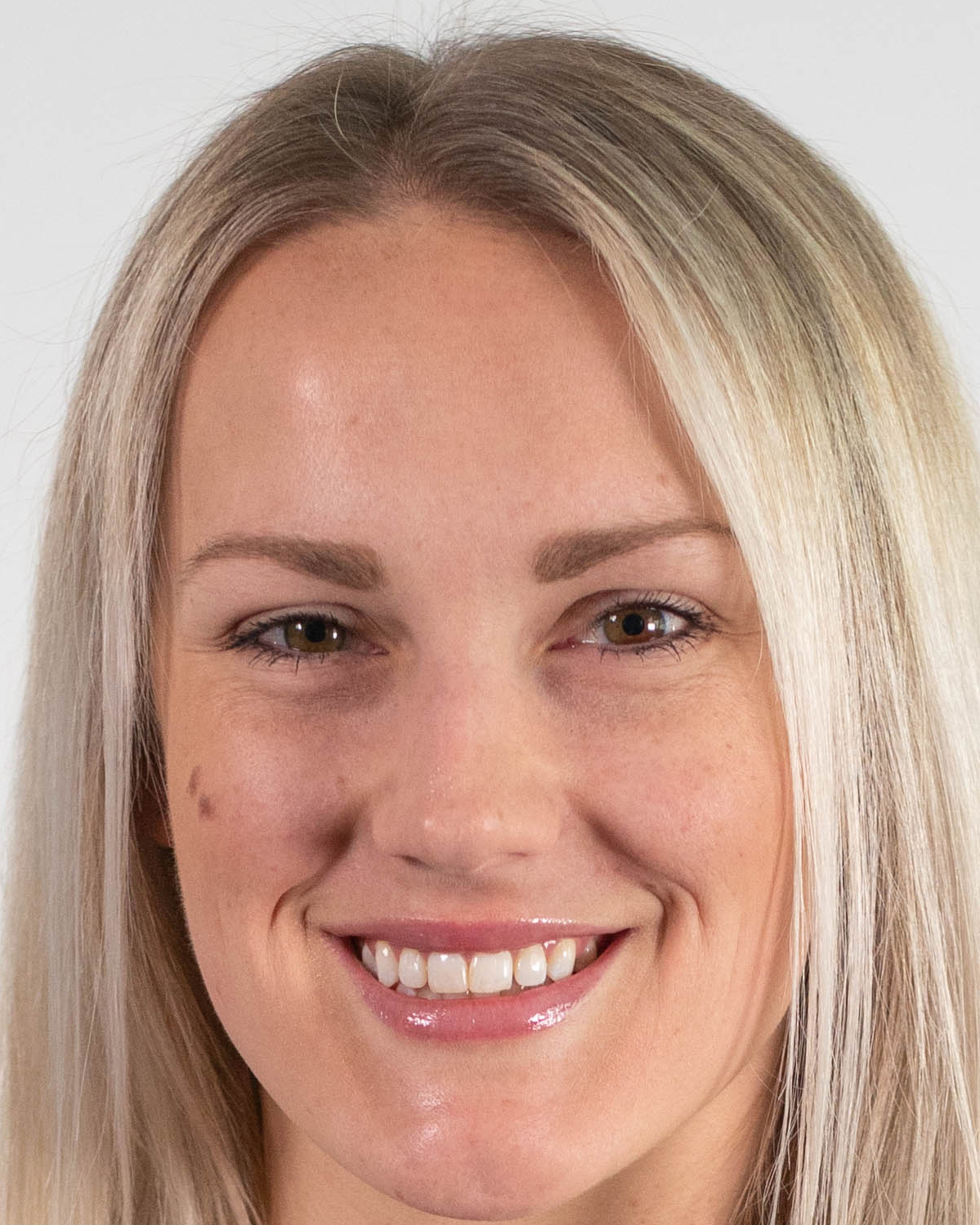
Samantha Catanzano, PharmD, BCPP
Study Purpose
Burnout is a well-documented occupational phenomenon that has emerged as a significant concern within the health care field. Characterized by three domains including emotional exhaustion (EE), depersonalization (DP), and reduced personal accomplishment (PA), burnout can have serious consequences on professional performance and personal well-being. Previous studies have identified prevalence rates and risk factors for burnout among other clinical pharmacy specialties, however none to date have evaluated burnout among psychiatric pharmacists. This study addresses this gap by evaluating burnout among Board-Certified Psychiatric Pharmacists (BCPPs) in the United States.
Methods
This cross-sectional survey study targeted BCPPs who were active, non-trainee members of the American Association of Psychiatric Pharmacists (AAPP) for at least five years. The primary outcome was burnout scores measured by the Maslach Burnout Inventory Human Services Survey for Medical Personnel, a validate scale which assesses the three domains of burnout. Secondary outcomes assessed factors that may affect burnout including demographics, practice setting, workload, mentorship, hobbies, and sense of belonging.
Key Findings
Key outcomes included:
- Burnout Scores:
- Mean subscale scores were 23.8 (EE), 6.68 (DP), and 37.9 (PA)
- While EE and DP scores were similar across most demographics and practice settings, PA scores were significantly lower for inpatient pharmacists compared to outpatient (37.1 vs 38.9, P = 0.036)
- When indirectly compared to ambulatory and critical care pharmacy specialties, psychiatric pharmacists had lower mean EE and DP scores, and higher PA scores
- Demographics & Practice Characteristics:
- Not significantly associated with burnout: Age, race, gender, marital status, caregiver status, and patient volume
- Significantly associated factors:
- Regular mentorship: Lower EE (20.2 vs 24.8) and higher PA (39.7 vs 37.4)
- Engaging in hobbies: Lower EE (22.7 vs 28.4)
- Prescriptive authority: Higher PA scores (38.8 vs 36.8)
- Practice in academic or government sectors: Lower DP scores than those in other sectors (4.15 vs 6.9 vs 7.8)
- Sense of belonging: Positive correlation with higher PA (0.441) and lower EE (-0.401) and DP (-0.285)
- Workload & Experience: Years in psychiatric pharmacy practice were associated with reduced DP (-0.185) and a trend toward reduced EE and increased PA, suggesting experience may buffer burnout risk.
Study Implications
This study is the first to systematically evaluate burnout among BCPPs and reveals several modifiable factors that may influence burnout risk:
- Mentorship Matters: Pharmacists with regular mentorship relationships reported lower burnout scores, reinforcing the value of structured support systems.
- Personal Life Balance: Engagement in hobbies and a strong sense of community both within and outside the workplace were associated with lower burnout.
- Organization Culture: Fostering a sense of belonging and offering flexible practice environments (e.g., hybrid work models) may help reduce burnout.
- Workload Considerations: Although inpatient pharmacists reported lower workload hours (46.5 vs 48.4), outpatient pharmacists had higher PA scores, possibly due to better alignment of workload and job satisfaction.
While BCPPs face similar burnout risks as other health care professionals, particularly in terms of emotional exhaustion, higher personal accomplishment scores may reflect a strong sense of professional purpose. While burnout has the potential to impact any pharmacist regardless of specialty or setting, these findings suggest that psychiatric pharmacy, particularly when supported by mentorship and workplace belonging, may offer a career choice more conducive to long-term well-being and job satisfaction.
Citation
